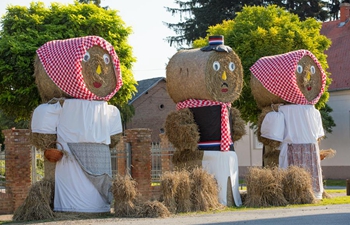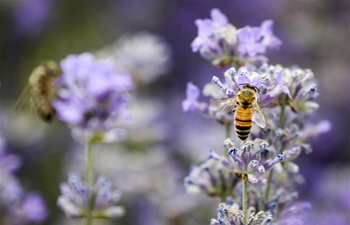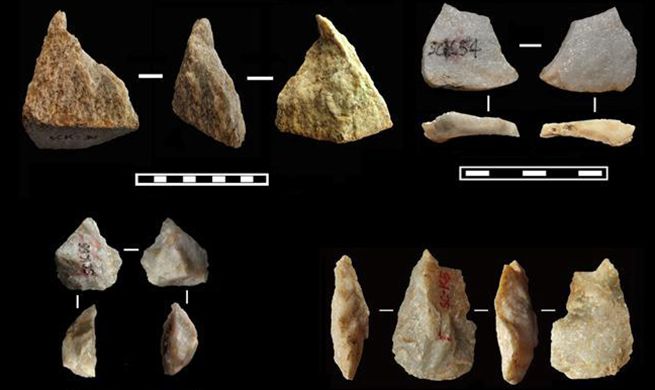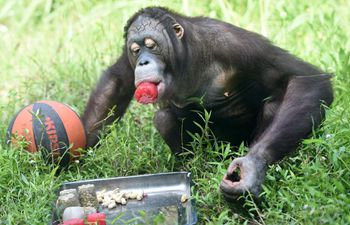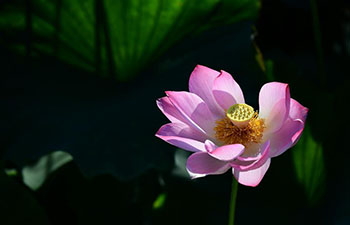URUMQI, July 15 (Xinhua) -- Jiang Kewei, a 34-year-old businessman, has a rare hobby of making taxidermied animals, to promote public awareness of wildlife protection.
"These stuffed animals can help people get a close-up view of wild animals they may never see in the field," he said.
Since the age of 10, Jiang has traveled through Xinjiang Uygur Autonomous Region, observing wildlife and preserving the dead animals he found.
He has made hundreds of models but never killed an animal, and most of his works were donated to schools and museums such as Beijing Museum of Natural History.
The most impressive taxidermy, according to Jiang, was a white-headed duck, which is classified as "endangered" on the International Union for Conservation of Nature (IUCN) Red List of Threatened Species.
"I found the duck when I patrolled the White Birds Lake in Urumqi, capital of Xinjiang. It was killed by a poacher," said Jiang.
Home to more than 150 species of birds, the lake covers 1.5 square kilometers and might be the only habitat of the white-headed ducks in China, he added.
Jiang treated the duck with preservatives, stuffed it with special materials and donated it to the Beijing Museum of Natural History.
He left the steel pellet shot by the poacher in the head of the duck.
"I wanted to keep the pellet to remind people that the poor aquatic bird, along with many other innocent wild animals, died from the cruelty of some people," he said.
The museum holds activities to promote people's knowledge about white-headed ducks on May 7 each year, the day Jiang found the duck.
As a businessman who manufactures and sells hardware tools, Jiang views himself as an animal rights activist. He has rescued and protected various wild animals including snow leopards.
Led and funded by himself, a voluntary patrol team has saved hundreds of rare species of aquatic birds from poachers in the past three years at the White Birds Lake.
Jiang earns his living by foreign trade businesses, but he only has two days to take care of his businesses every week, with the rest of days fully engaged in the protection of the wild birds in the lake.
"I can't remember how much money I have spent rescuing and protecting wild birds, but I will keep doing this if needed," he said.
As public awareness of wildlife protection has increased, the government of Urumqi has asked workers to plant around 7,000 trees and tens of thousands of shrubs around the lake to improve the living environment of the wildlife.
"Compared to my taxidermy hobby, I would rather see the birds fly freely in the lake," said Jiang.




